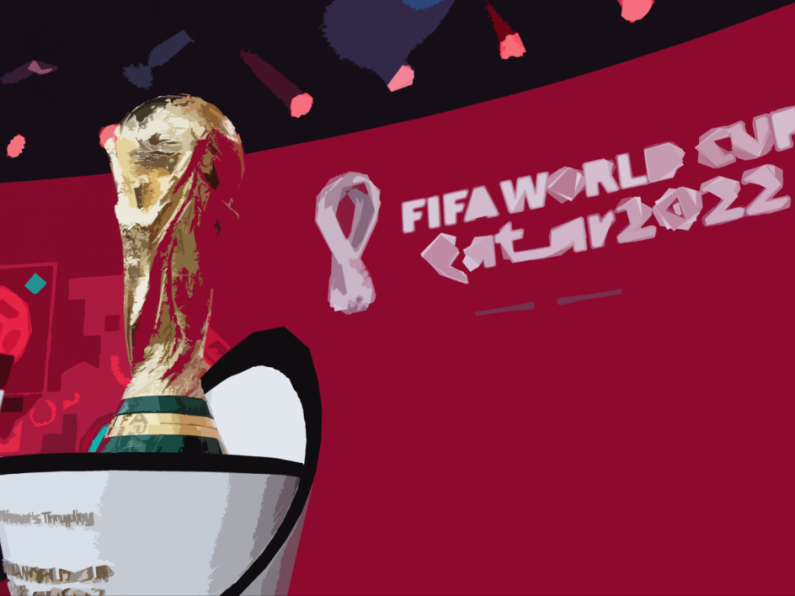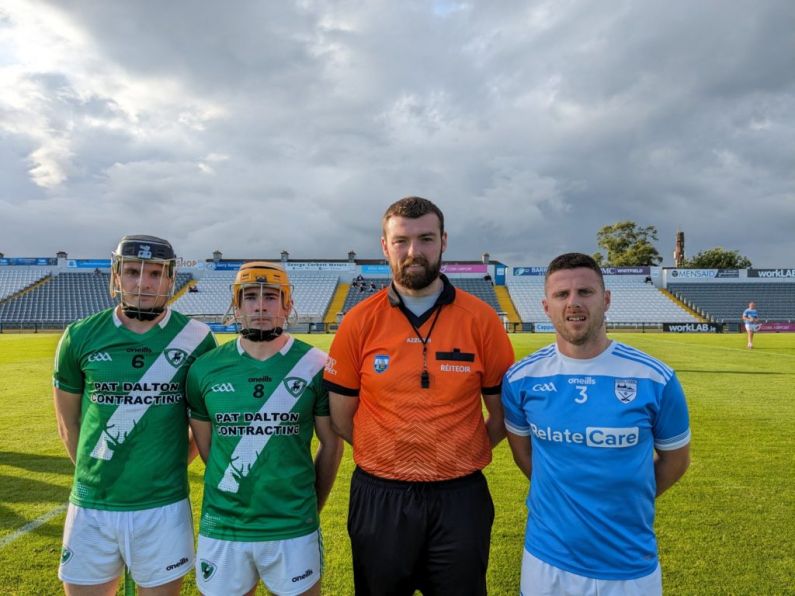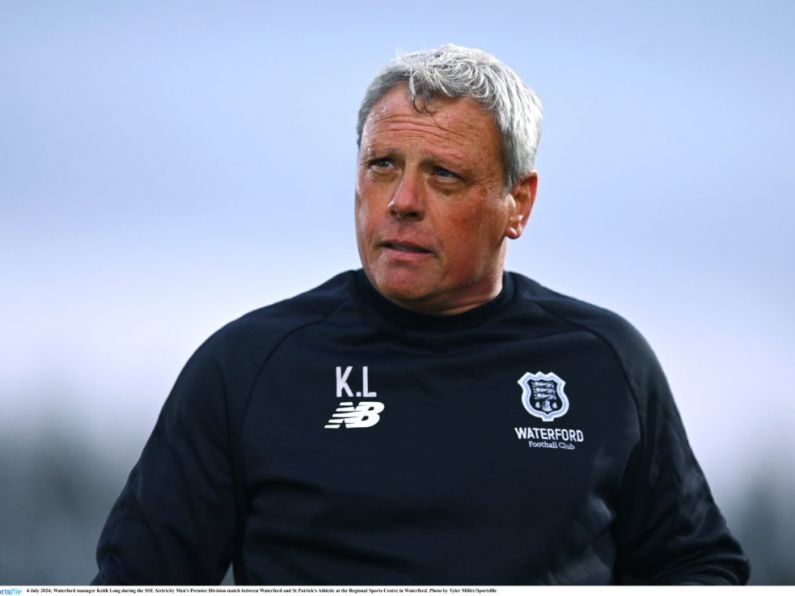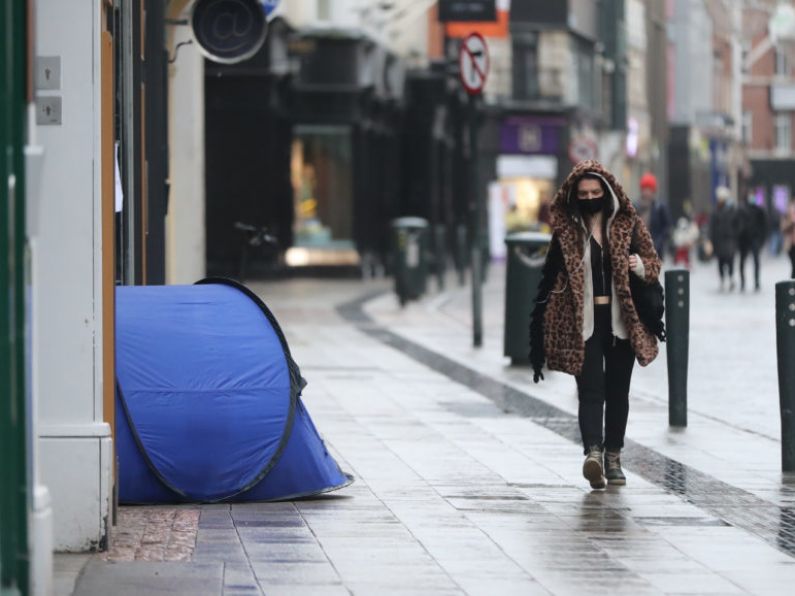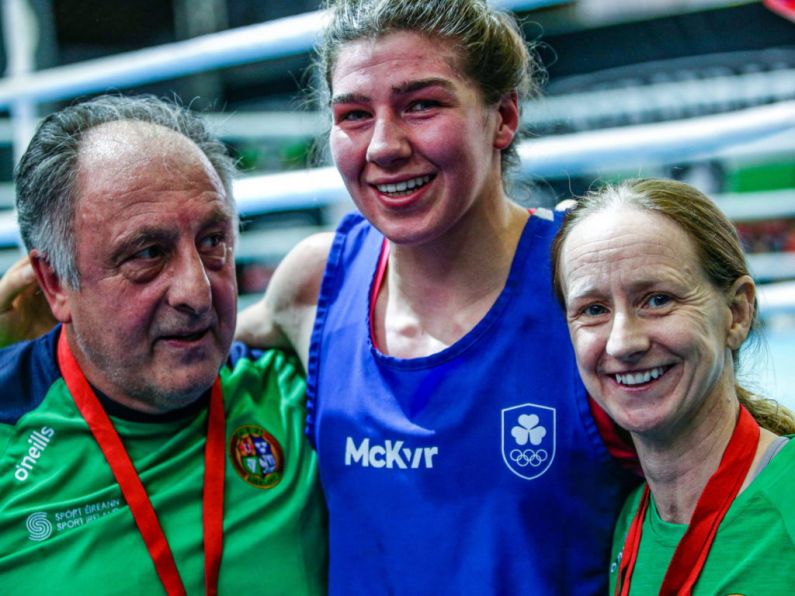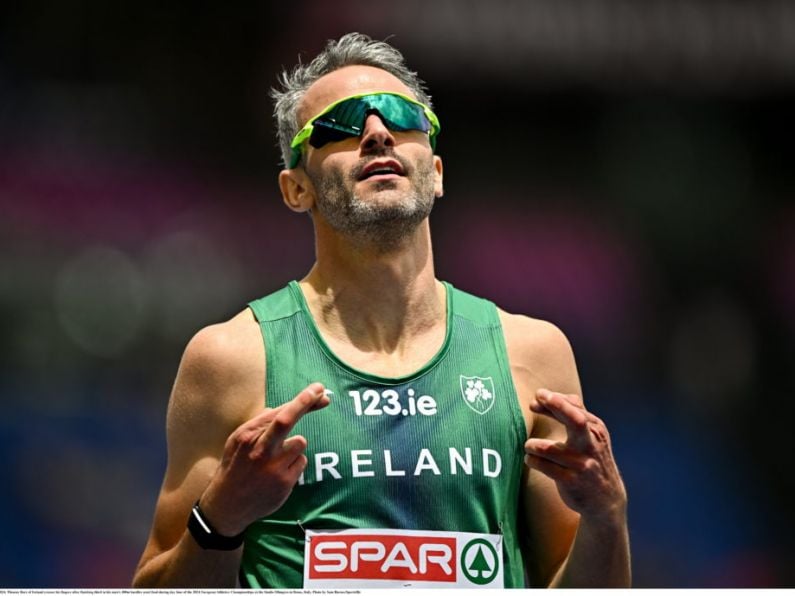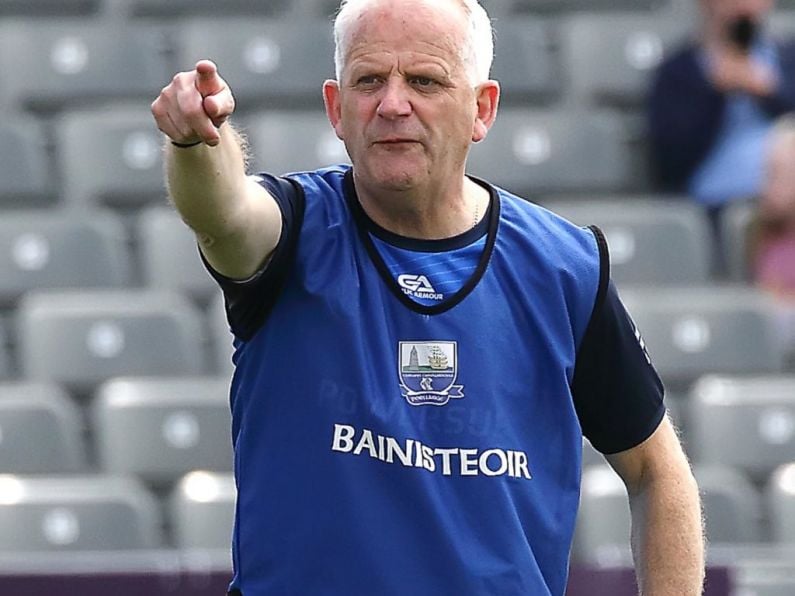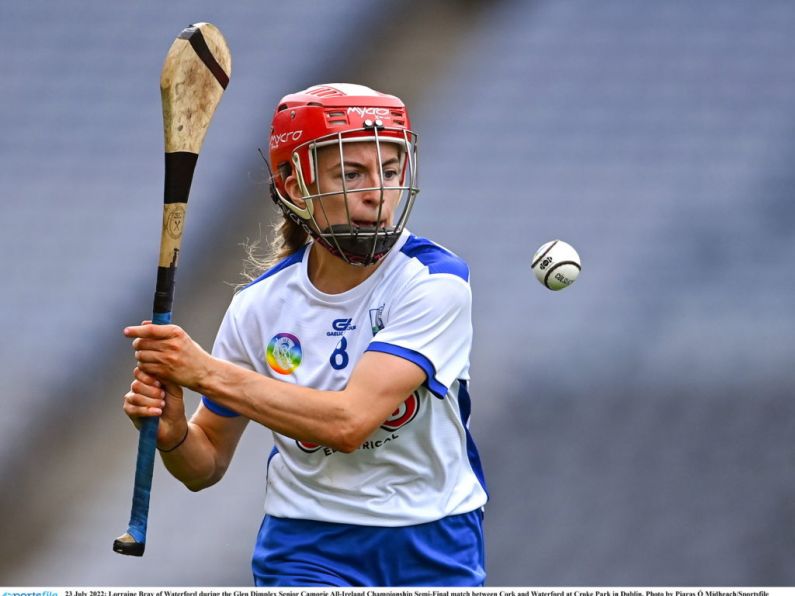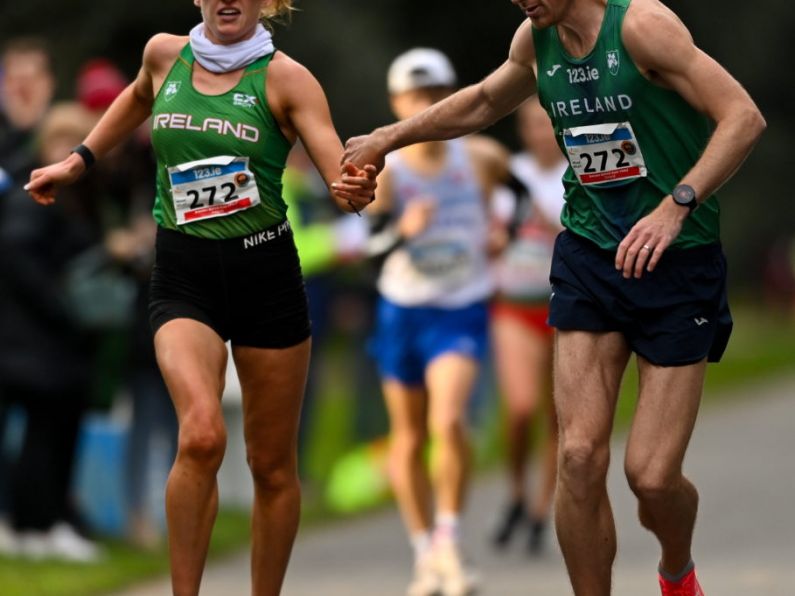The FIFA World Cup starts tomorrow in Qatar.
In short - you won't be able to drink a beer at the stadiums (unless you are in a £19,000 corporate box), your safety is not guaranteed if you are openly gay and you will need to be aware that every stadium they built - eight to be specific - cost about 810 lives.
The tournament has been marred with controversy ever since the day in 2010 when Sepp Blatter pulled a piece of paper saying "Qatar" out of an envelope to joyous applause from the gulf state's representatives - there was indignation from the American cohort in the room.
A country that is half the size of Munster which has no football history but does have some questionable stances on human rights.
"Despite government reforms, migrant workers continued to face labour abuses and struggled to change jobs freely. Curtailment of freedom of expression increased in the run-up to FIFA World Cup 2022. Women and LGBTI people continued to face discrimination in law and practice", according to Amnesty International.
The human rights watchdog goes on to say that "Authorities continued to curtail freedom of expression using abusive laws to stifle critical voices." while "women continued to face discrimination in law and practice. Under the guardianship system, women remained tied to their male guardian, usually their father, brother, grandfather or uncle, or for married women, to their husband. Women continued to need their guardian’s permission for key life decisions to marry, study abroad on government scholarships, work in many government jobs, travel abroad until certain ages, and receive some forms of reproductive healthcare" and "Family laws continued to discriminate against women by making it difficult for them to divorce. Divorced women remained unable to act as their children’s guardian."
One of the most talked about points leading up to the World Cup was the status of LGBTQ+ people in the country.
"Sodomy” or same-sex sexual conduct between men remained an offence under the Penal Code, punishable by up to seven years’ imprisonment. Article 296 states that “leading, instigating or seducing a male in any way to commit sodomy or dissipation” and “inducing or seducing a male or a female in any way to commit illegal or immoral actions” is a crime."
This week the Irish Times reported that Gay Qataris were "promised safety in exchange for identifying other LGBTQ+ people" and would be safe from "physical torture" if they agreed to help authorities track down other LGBTQ+ people.
Another issue that has not gone away are the claims of forced labour in the construction of stadiums that will be used for the tournament. The number 6,500 has been to the fore since an article by the Gaurdian last year where they say "More than 6,500 migrant workers from India, Pakistan, Nepal, Bangladesh and Sri Lanka have died in Qatar since it won the right to host the World Cup".
The situation has been likened to modern-day slavery.
According to Le Monde "Among the causes of these deaths, one predominated: death by natural causes, accounting for 70% of the causes cited for Indian, Nepalese and Bangladeshi workers. This was partly because no autopsy or medical examination had been performed to determine the actual cause of death."
When Blatter pulled Qatar out of the envelope in 2010 - it was done at the same event as when Russia was named as the 2018 host.
Rumours have never subsided that FIFA were bribed by Qatari officials for the hosting rights.
While there are a glut of issues off the field as detailed above, there are yet more concerns about the football we are set to see between the white lines.
This World Cup is being played in November and December. In order to accommodate it the top leagues around the world had to take a break in play to allow players play for their countries. The tournament could not be played in the summer months as the country experiences long summers from May to September with intense hear rising to 45 degrees at times.
With all that being said and with all the issues that have been highlighted these past 12 years - the quesation remains, how is this tournament still going ahead?
Kick-off for the opening game (Qatar v Ecuador) is fast approaching on Sunday and On The Ball presenter Nigel Kelly was joined by (now former) WLR News and Sport Journalist Jordan Norris as well as Beat 102103 Sports Journalist Shaun Connolly to tease out whether or not we should be watching the games over the next few weeks.

